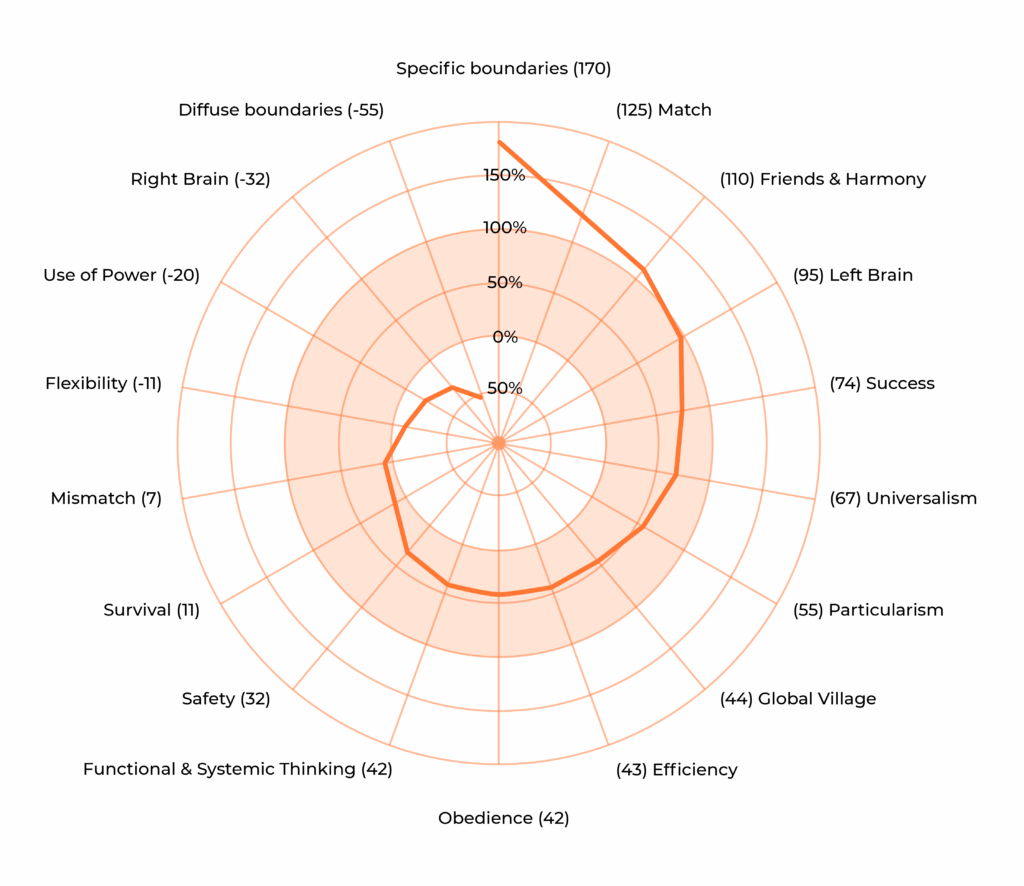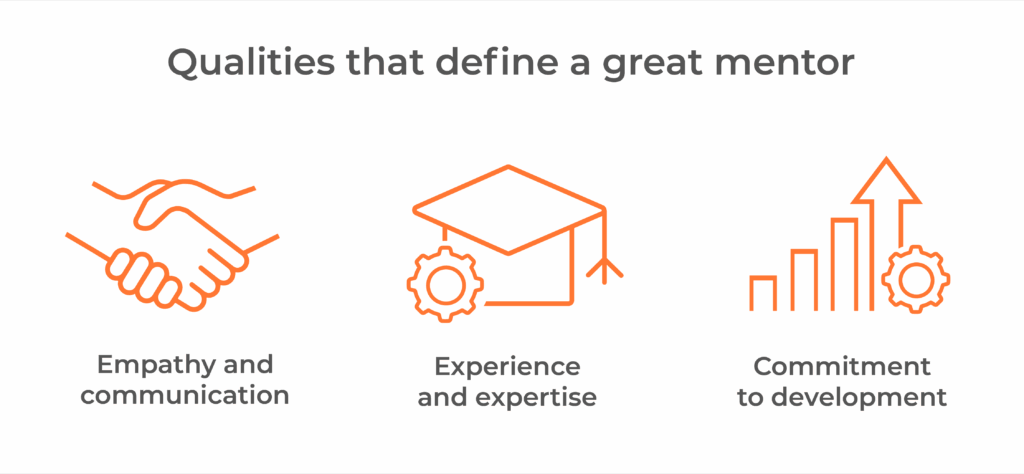Finding the right mentor can significantly accelerate your software development career, but not all mentorship relationships deliver equal value. At Setronica, we’ve seen firsthand how structured mentorship approaches help developers navigate career challenges and achieve their professional goals more efficiently.
This article provides you with six carefully selected questions to ask potential software development mentors. These questions are based on our experience working with developers at various career stages and incorporate insights from JobEQ assessment frameworks that we use in our mentorship programs.
1. What specific benefits can developers gain from your mentorship program?
This question reveals the concrete value a mentor can provide. Effective mentorship should deliver tangible benefits including enhanced technical skills, career development insights, and improved soft skills.
Look for mentors who can offer tailored guidance on career transitions, help in setting and achieving professional goals, and provide support during challenging job changes. The best mentors also help developers gain a deeper understanding of business needs and better integrate into team dynamics.
2. How do JobEQ assessments enhance your mentorship approach?
JobEQ assessments provide detailed insights into work attitudes, motivations, and competencies. A mentor who effectively uses these assessments can offer truly personalized guidance aligned with your specific strengths and areas for improvement.
This data-driven approach enables more effective development plans and increases your chances of achieving career objectives.

3. What role do feedback and continuous improvement play in your mentorship program?
Regular feedback and continuous improvement are critical components of successful mentorship. This question helps you understand how the mentor evaluates progress, identifies areas for growth, and adjusts development plans accordingly.
Look for mentors who create an environment of iterative learning that evolves to meet your changing needs and adapts to new industry trends and challenges.
4. What is your experience in the industry, and how have you navigated your own career path?
Understanding your potential mentor’s background helps you evaluate their relevant experience and how it aligns with your career goals. Their personal journey provides insights into the challenges they’ve faced and how they’ve overcome them – valuable lessons for your own career planning.
This question also reveals their industry connections and perspective on career advancement strategies.
5. Can you share examples of how you’ve helped previous mentees achieve their career goals?
Specific examples of past mentoring successes demonstrate a mentor’s effectiveness and approach. This question helps you understand their mentoring style, methods, and track record.
Success stories provide confidence in their ability to guide you and offer strategies that have worked for others in similar positions.
6. What are your expectations of me as a mentee, and how do you structure mentoring sessions?
Clear expectations and understanding of the mentorship structure help you prepare and commit to the process. This question clarifies the frequency, format, and goals of your interactions, ensuring you’re both aligned from the beginning.
Knowing what’s expected of you helps you maximize the value of each session and the overall mentorship experience.
Choosing the right mentor for your software development career
These six questions provide essential information about a potential mentor’s background, success with previous mentees, and expectations for the mentorship relationship. Use the answers to make an informed decision about which mentor can best support your specific career goals in software development.

When evaluating responses, look for mentors who:
- Have relevant experience in your desired specialty or career path
- Demonstrate a structured approach to mentorship
- Show evidence of helping others achieve measurable career advancement
- Utilize data-driven methods like JobEQ assessments
- Offer clear feedback mechanisms
- Set realistic expectations for the mentorship relationship
With the right mentor and a commitment to the process, you’ll gain valuable guidance that can significantly accelerate your professional growth in the competitive field of software development.
Chapters
- 1. What specific benefits can developers gain from your mentorship program?
- 2. How do JobEQ assessments enhance your mentorship approach?
- 3. What role do feedback and continuous improvement play in your mentorship process?
- 4. What is your experience in the industry, and how have you navigated your own career path?
- 5. Can you share examples of how you’ve helped previous mentees achieve their career goals?
- 6. What are your expectations of me as a mentee, and how do you structure mentoring sessions?
- Choosing the right mentor for your software development career



